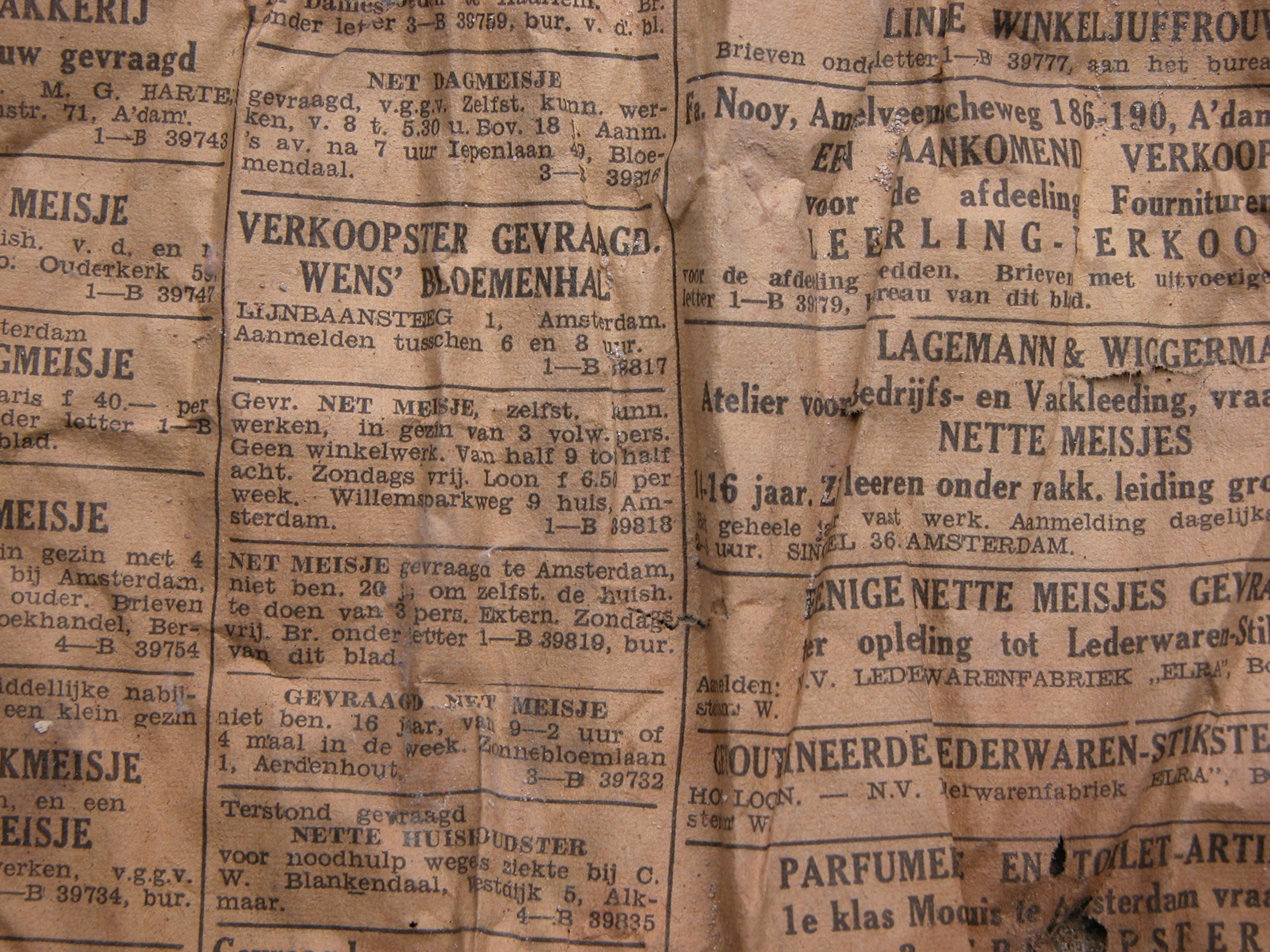World War I was one of the deadliest conflicts in human history, with an estimated 16 million people losing their lives. It was a global war that lasted from 1914 to 1918 and involved the major world powers of that time. The war had a profound impact on the world, changing the political, social, and economic landscape forever. This study aims to explore the devastating impact of World War I on various aspects of society, including politics, economics, and social structures.
The Political Impact of World War I The political impact of World War I was significant, with the war leading to the collapse of four major empires: the Ottoman Empire, the Austro-Hungarian Empire, the German Empire, and the Russian Empire. The war also led to the formation of new states, such as Czechoslovakia, Yugoslavia, and Poland. The Treaty of Versailles, signed in 1919, marked the end of the war and imposed harsh penalties on Germany, including the loss of territory and a huge war reparations bill.
 The treaty also created the League of Nations, which aimed to prevent future wars by promoting international cooperation and resolving conflicts through diplomacy. The Economic Impact of World War I The economic impact of World War I was substantial, with the war leading to the destruction of infrastructure, DW News Today the loss of human capital, and the depletion of resources. The war also led to inflation and economic instability in many countries. The United States emerged from the war as a dominant economic power, as it had supplied the Allies with much-needed resources and capital.
The treaty also created the League of Nations, which aimed to prevent future wars by promoting international cooperation and resolving conflicts through diplomacy. The Economic Impact of World War I The economic impact of World War I was substantial, with the war leading to the destruction of infrastructure, DW News Today the loss of human capital, and the depletion of resources. The war also led to inflation and economic instability in many countries. The United States emerged from the war as a dominant economic power, as it had supplied the Allies with much-needed resources and capital.
The war also led to the rise of communism in Russia, which had a profound impact on global economics and politics for decades to come. The Social Impact of World War I The social impact of World War I was immense, with the war leading to the loss of millions of lives and the displacement of millions more. The war also led to massive social changes, with many women taking on new roles in society as men were drafted to fight.

Recent Comments